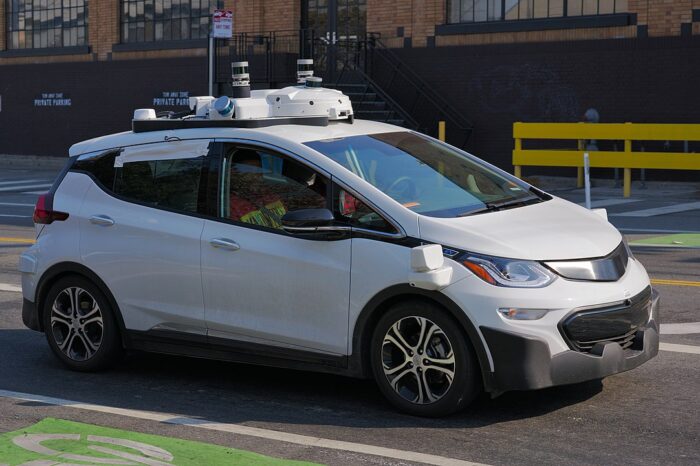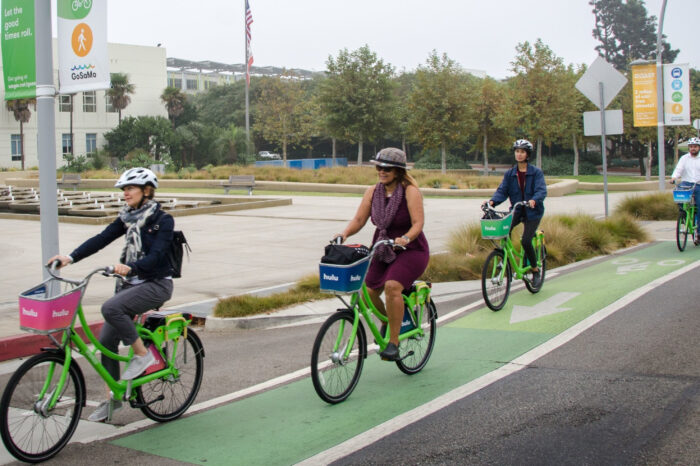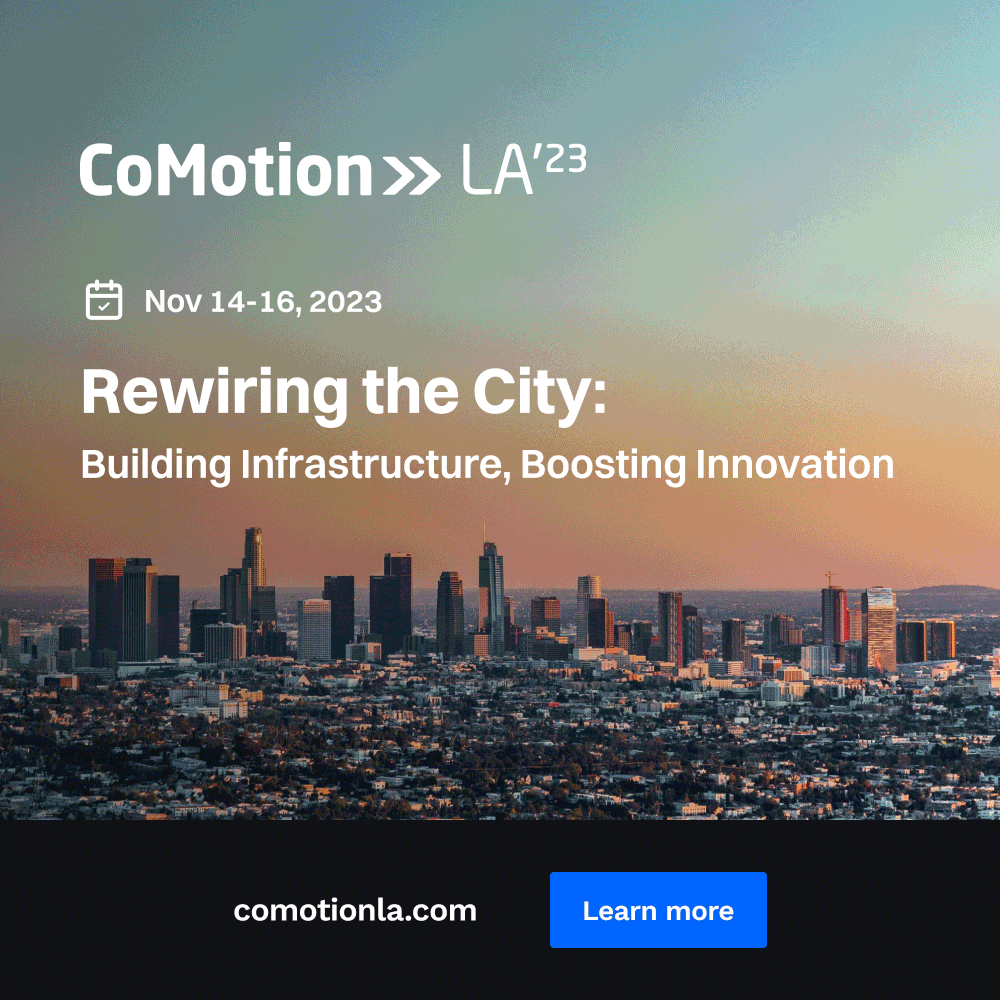Alphabet’s Sidewalk Labs’ Subsidiary Moves to Build Smart Roads for AVs
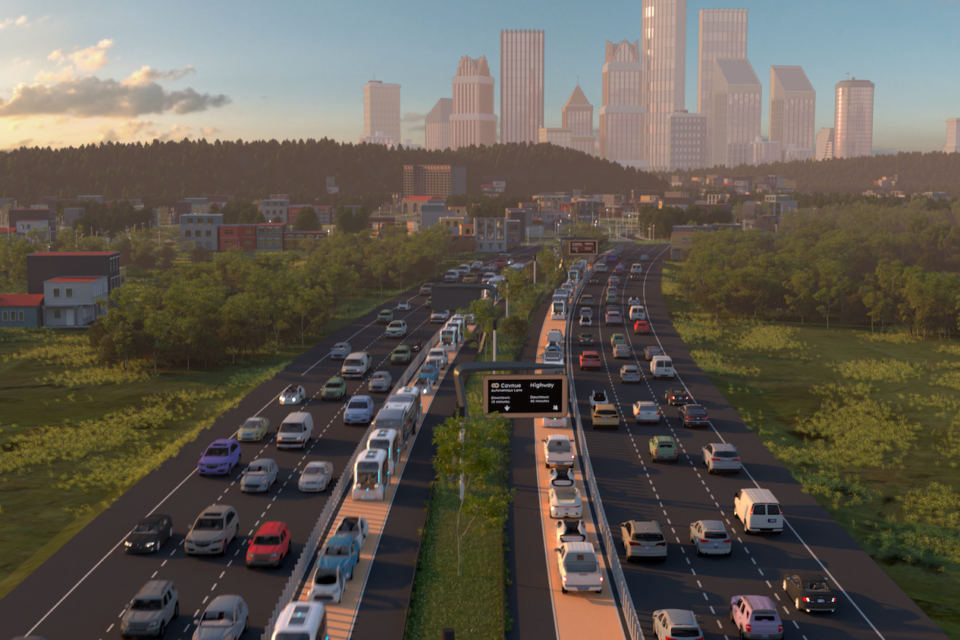
When envisioning the future of autonomous driving, the focus is often on the hardware and software that will power the self-driving vehicles. While a lot of R&D in the sector is about getting autonomous vehicles to work within our already existing systems, there isn’t an abundance of attention paid to AV infrastructure. That is, until now, as Alphabet’s Sidewalk Labs spins off Sidewalk Infrastructure Partners (SIP). SIP’s mission is to develop and fund next-gen infrastructure for the future of mobility. Its first endeavor is the launch of Cavnue, a subsidiary focusing on the development of roadways for advanced, connected cars and full self-driving vehicles.
Kicking off its mission to “build the world’s most advanced roads”, Cavnue’s first project is a 40-mile roadway between downtown Detroit and Ann Arbor, Michigan. This corridor will be dedicated to AVs — from autonomous buses and shuttles to trucks and personal cars. In a release, Cavnue’s vision statement reads:
“The Connected and Automated Vehicle Corridor (the “CAV-C” or “Project”) seeks to catalyze the use of connected and autonomous vehicles (“CAVs”) and supporting infrastructure, as a practical model for safe, efficient, and adaptable mobility options. The Project would evolve over time into a dedicated CAV right-of-way, combining physical infrastructure, digital infrastructure, coordination infrastructure, and operational infrastructure. Connecting vehicles to one another and roadway infrastructure, creating a digital twin of the road environment, and ultimately dedicating lanes to CAVs can enable high performance of even lower-level autonomous vehicles. A primary, or “anchor-use,” of such a corridor would be to provide a public transit alternative – an autonomous shuttle service that may offer greater safety, throughput, and system-level efficiency than otherwise possible when compared with conventional vehicle or transit services, such as bus rapid transit (“BRT”) or light rail transit (“LRT”). This way, the Project may dramatically achieve key policy goals on accessibility, affordability, and sustainability.”
Building out a connected corridor cements Michigan as a leader in creating a more connected, autonomous and electrified future.
If Cavnue can pull off this ambitious idea, it would be the birth of an entirely new system of mobility, and a new era of urban transportation, ushering in the capacity and efficiency gains that AV enthusiasts have long dreamed of, but have been unable to achieve without vehicle-to-vehicle (V2V) infrastructure. Areas covered by the project will be in Wayne and Washtenaw Counties, with service reaching the likes of Michigan Central Station, the Detroit Metropolitan Airport and the University of Michigan. In a joint announcement Thursday, Michigan’s Governor Gretchen Whitmer said: “The action we’re taking today is good for our families, our businesses, and our economy as a whole. Here in Michigan, the state that put the world on wheels, we are taking the initial steps to build the infrastructure to help us test and deploy the cars of the future. As we rebuild our roads to ensure every Michigander can drive to work and drop their kids at school safely, we will also continue working to build smart infrastructure to help prepare us for the roads of tomorrow.”
The whole affair will kick off with a two year feasibility and design study, where Cavnue will be working with the Michigan Department of Transportation and the Office of Future Mobility and Electrification. Cavnue also has some heavyweight partners that it will work with in Michigan, and throughout other states as it grows, including Waymo, Argo AI, TuSimple, Ford, GM, BMW, Toyota and more. Together with Cavnue, the entities will concentrate on the technological and commercial viability of the future roadway. Initially, connected buses and shared mobility vans/shuttles will ply the technologically advanced corridor, before the project opens up to allow freight and personal vehicles.
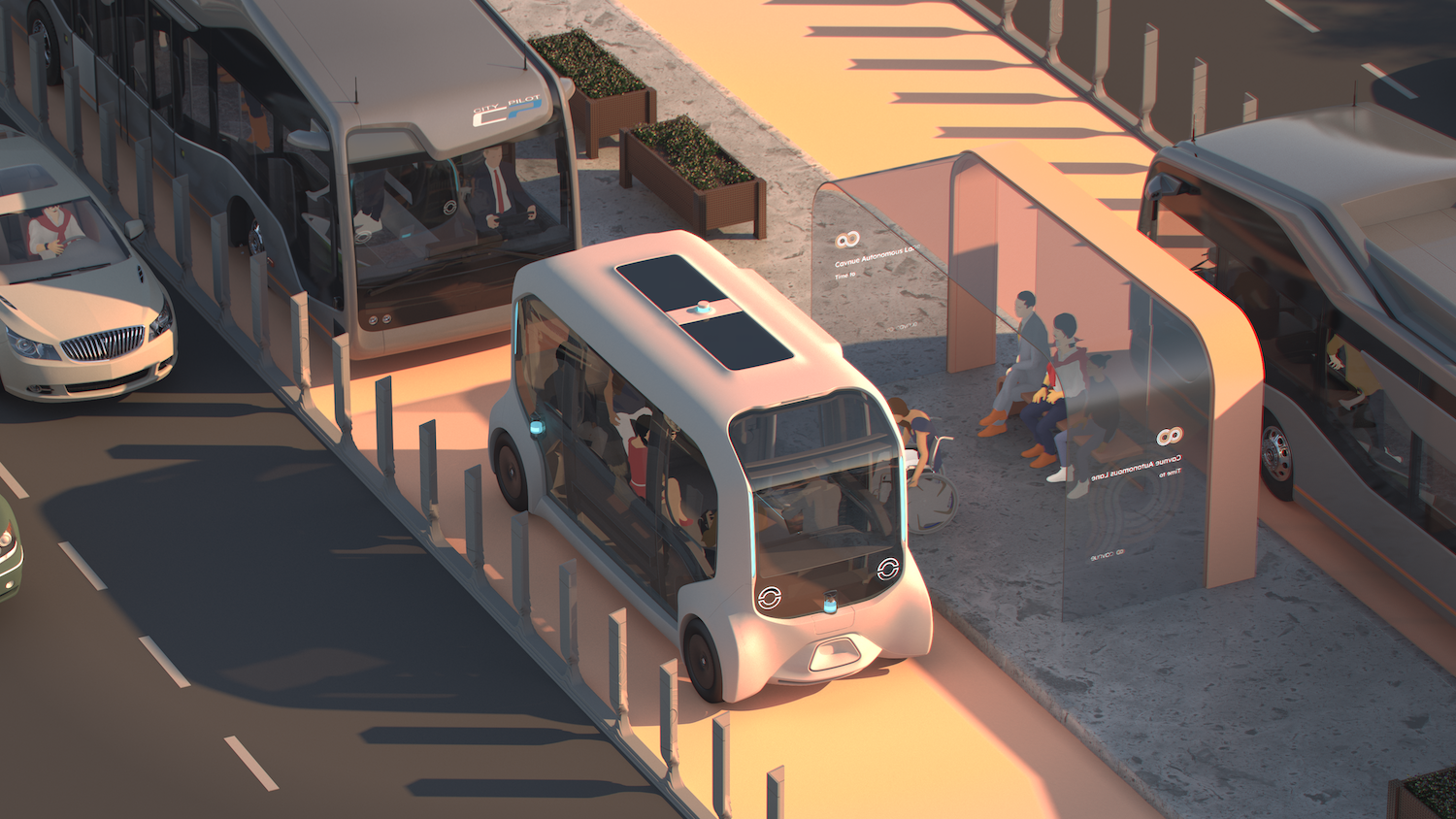
Seeing as human error accounts for a significant amount of auto accidents, and Michigan alone saw 10,000 fatalities from car accidents over the last decade, this type of project won’t only bring efficiency to daily commutes, it could literally save dozens, if not hundreds, of lives a year. Bill Ford, executive chairman of Ford Motor Company, had already envisioned a corridor of connected smart vehicles back in 2018, centered around the Michigan Central Station building that Ford bought that same year. Now, he and his company are helping bring that idea to life as one of Cavnue’s partners in the project. Ford said: “My vision for Michigan Central is to create an open mobility innovation district that solves tomorrow’s transportation challenges and improves mobility access for everyone. Building out a connected corridor cements Michigan as a leader in creating a more connected, autonomous and electrified future. We thank the state for recognizing the community and economic benefits and the importance of creating smart infrastructure across southeast Michigan.”
By running autonomous shuttles along a smart corridor, Cavnue hopes to effectively create a system that has a similar capacity to bus rapid transit or even light rail. Vehicles would scale up or down depending on demand in real time, and commuters wouldn’t be beholden to traveling from train station to station (depending on how the shuttles operate). The necessity of a first-mile/last-mile solution could even be done away with entirely by allowing personal vehicles with self-driving capabilities onto the road. The thought is that public transit vehicles and delivery fleets would be prioritized, but for a fee, a single occupancy vehicle, that was able to connect to other vehicles and the road around it, would be allowed to access the space as well.
Should this initial project be a success, it could create a new realm of public-private partnerships, where a company like Cavnue would create the infrastructure and source the vehicles, with an emphasis on public transit, while cities would get a cut of any access fees, fares, or tolls. That would be a boon for cash-strapped cities such as Detroit. As Michigan Senator Gary Peters put it, “this announcement is a major step forward towards ensuring Michigan continues to be the center of self-driving car research and development.”
Interested in the implications of the AV economy? Join us Wednesday, August 19th, in an important episode of CoMotion LIVE: “Follow the Money: How AVs Will Reshape Cities & Society.” We’ll be discussing such questions as: How will inexpensive and continuous delivery change retail business models? How will autonomy change real estate patterns in urban cores and exurban peripheries? And how are investors choosing to bet on these new possibilities? Don’t miss out!

